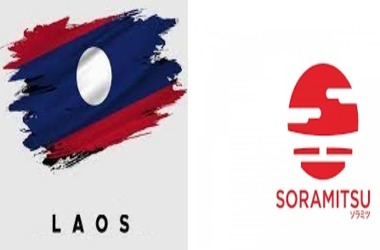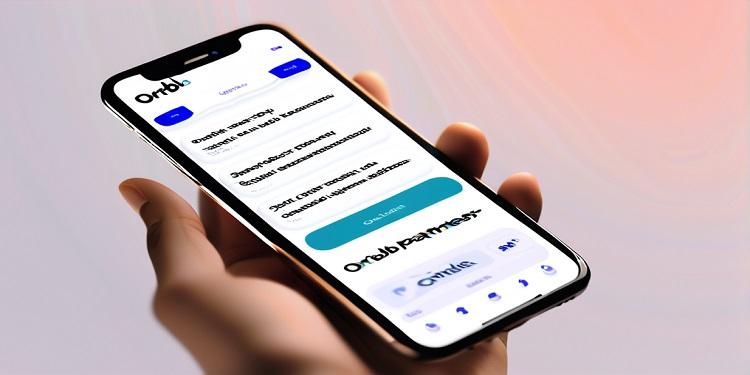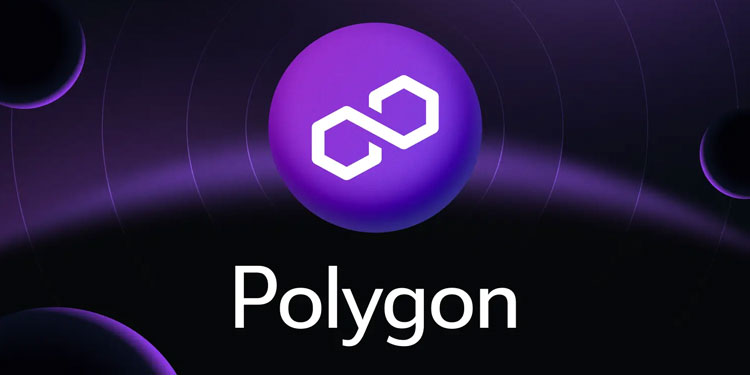 In conjunction with a Japanese blockchain firm, the Lao central bank began testing its digital currency today, reflecting a rising interest in the central bank digital currency among Asia’s central bankers. Monday, Bank of the Lao PDR and Soramitsu of Tokyo entered into an agreement to commence a proof of concept (PoC). In October last year, Soramitsu assisted Cambodia in launching its digital money, named Bakong. The Laotian central bank will employ a customized variant of this method to produce digital cash, which will be delivered to customers through commercial banks. Consumers will trial the use of the money for in-store transactions.
In conjunction with a Japanese blockchain firm, the Lao central bank began testing its digital currency today, reflecting a rising interest in the central bank digital currency among Asia’s central bankers. Monday, Bank of the Lao PDR and Soramitsu of Tokyo entered into an agreement to commence a proof of concept (PoC). In October last year, Soramitsu assisted Cambodia in launching its digital money, named Bakong. The Laotian central bank will employ a customized variant of this method to produce digital cash, which will be delivered to customers through commercial banks. Consumers will trial the use of the money for in-store transactions.
Laos will also study digital international payments with Cambodia. Even while other nations have launched central bank digital currencies, such as Bakong or Nigeria’s eNaira, transactions between two distinct CBDCs are uncommon. By collaboratively building a cross-border payments infrastructure, Laos and Cambodia want to render their respective digital currencies more appealing.
Vientiane views digital currency as a means to increase the accessibility of financial products. 70% of the Laotian society does not have a bank account. Irrespective of whether they possess a bank account, users of a digital currency would be able to make purchases or send funds simply by reading a QR code with their cellphones. It might reduce the expense of international employees’ repatriation. Laos and Cambodia view CBDCs as crucial to their financial stability.
As its commerce with China grows, Laos and Cambodia place a premium on stable yuan exchange rates. The People’s Bank of China has released the digital yuan on a trial basis, and the two Southeast Asian nations want to increase the benefits of utilizing their national currencies before Beijing begins addressing cross-border transactions.
Vietnam and the Philippines are doing studies on CBDCs in other parts of the area, while Fiji and other Pacific island governments have indicated an interest in the idea. Soramitsu intends to establish a global settlement network that links digital currencies from various nations. The value of such networks increases with the number of currencies they support.
According to 2021 research by the Bank for International Settlements, governments’ interest in central bank digital money is mostly motivated by the increased efficiency of international transfers. SWIFT (Society for Worldwide Interbank Financial Telecommunication), has explored interlinking CBDCs among 18 organizations, such as central banks, with considerable success.








